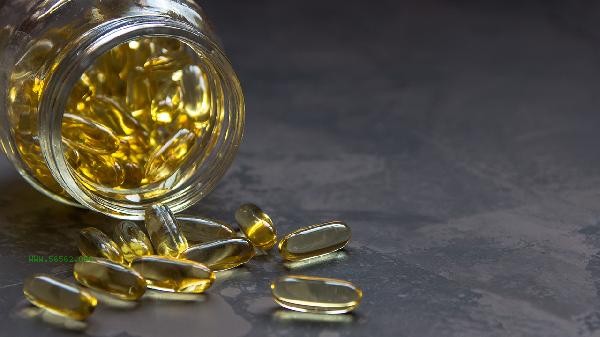Vitamin E has a better effect when taken after breakfast or dinner, and the specific time should be adjusted according to personal sleep and dietary habits. The absorption and utilization of vitamin E are mainly influenced by factors such as fasting state, lipid solubility characteristics, gastrointestinal function, drug interactions, and individual differences.

Vitamin E is a fat soluble vitamin that can be taken with or after meals to improve absorption rate. The fat in food can promote bile secretion, help dissolve vitamin E and enter the bloodstream through the intestinal wall. Taking it after breakfast can promote metabolism through full day activity, while taking it after dinner is more suitable for nighttime repair needs. For those with weak gastrointestinal function, it is recommended to take it in divided doses to avoid malabsorption caused by excessive single dose.

In some special circumstances, the medication time needs to be adjusted. People taking anticoagulant drugs should avoid taking them with vitamin E at least two hours apart to reduce the risk of bleeding. People who strictly control their fat intake during weight loss can choose to supplement with vitamin E after consuming a small amount of nuts or olive oil. Patients with chronic diarrhea or gallbladder disease should adjust the dosage and timing under the guidance of a doctor.

Daily supplementation of vitamin E should prioritize obtaining it from natural foods such as nuts, seeds, vegetable oils, green leafy vegetables, etc. The recommended daily intake for healthy adults is 14 milligrams, and long-term overconsumption may lead to coagulation dysfunction or headaches. Pregnant women can increase the dosage appropriately under the guidance of a doctor, but caution should be exercised in the middle and late stages of pregnancy. The synergistic supplementation of vitamin E and vitamin C can enhance antioxidant effects, but avoid taking them together with iron supplements. It is recommended to regularly monitor blood vitamin E levels and adjust the supplementation plan according to actual needs.



Comments (0)
Leave a Comment
No comments yet
Be the first to share your thoughts!